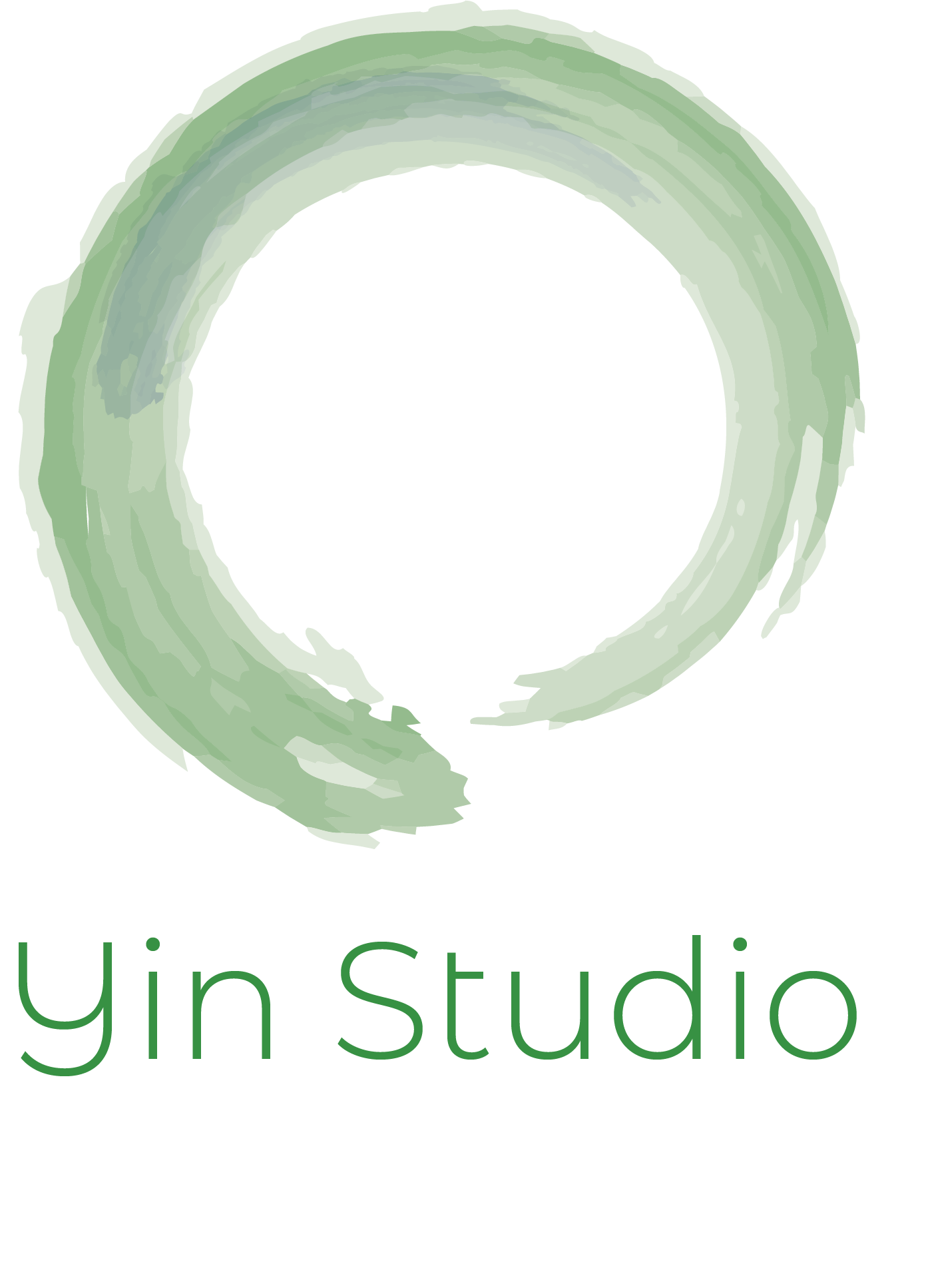What are the Three Questions Your Acupuncturist Will Ask You?
In sharing tales about their acupuncture experiences, most folks remark upon the extensive and seemingly peculiar set of questions their acupuncturist asks during the consultation. While the exact nature of this conversation varies from practitioner to practitioner, there are several questions that find their way into almost every consultation. You may, for instance, be surprised to wind up in a detailed discussion about your sleeping patterns or your bowel movements when what brought you in to begin with is ostensibly unrelated to such things (eg back pain or headaches).
WHY SO MANY QUESTIONS?
Most acupuncturists are trained to discern patterns of disharmony through a series of “examinations” that takes into account the whole person, rather than just the chief complaint or predominant symptoms. The “Four Examinations” employed by the Chinese physician are: Looking, Listening/Smelling, Asking, and Touching. The deluge of questions we spoke of earlier falls into the ‘asking’ part of the examinations. In Chinese Medicine, a minimum of “ten questions” are used to gather building blocks for the development of pattern recognition (i.e. a diagnosis).
THREE COMMON QUESTIONS YOU CAN EXPECT TO ANSWER WHEN YOU’RE UNWELL
1. How is your Digestion?
These days, the gut microbiome is a veritable celebrity in the realm of wellness. Chinese Medicine was WAY ahead of the times in recognising digestive function as a pivotal ingredient in the recipe for health.
“In Chinese Medicine, healthy digestion is synonymous with a happy Spleen… The role of the Spleen is to transform and absorb food in order to generate and distribute Qi, Moisture, and Blood.”
In other words, healthy digestion is essential in creating the components for overall vitality. When your digestion is compromised, you are more vulnerable to imbalances in every other organ system.
Questions about digestion, including those surrounding bowel movements (quality, quantity, frequency, etc), abdominal discomfort (bloating, gas, pain), appetite, cravings, and diet often reveal a potentially unsuspected source of disharmony elsewhere in the body.
2. How Are You Sleeping?
If insomnia is a complaint, we will want to distinguish between trouble falling asleep and trouble staying asleep. In either case, it is also important to discover the details eg. restless monkey mind, vivid or disturbing dreams, stress/anxiety, pain, tossing & turning, night sweats, etc. Furthermore, what does your nighttime routine look like? What time you wake up in the night can also give us clues of what might be going on at a deeper level due to the Chinese Body Clock. Even if you seem to be getting an adequate amount of sleep, do you feel rested upon waking? Or maybe you are sleeping excessively...
The nature of your sleep can provide a dynamic picture of the relationship between your Yin and Yang, Shen stability, and Qi flow.
“Too little or too much [sleep] indicates imbalance and disharmony. Insomnia is described in Chinese texts as ‘Yang unable to enter Yin’-- the active unable to become passive…Blood or Yin or both are Deficient and incapable of nourishing the Spirit stored in the Heart. There is therefore a relative excess of Yang, which is not balanced and is unable to quiet down… The constant desire to sleep, or excessive sleep, is often a sign of Deficient Yang, Deficient Qi, or Dampness.
3. What Are You Thinking?
In other words, what is your current emotional state? What emotion is most present for you lately? What does your daily internal dialogue/self-talk sound like? Do you experience stress/anxiety?
According to Chinese Medicine, each of the five yin organs has a corresponding emotion.
“When any one [emotional] state … dominates our internal experience or outward behaviour, it interferes with the conduct of daily life and disrupts the smooth flow of Qi”
Anger especially influences the Liver, joy the Heart, rumination/worry the Spleen, grief/sorrow the Lung, and fear the Kidney. Your emotional landscape can therefore provide rich insights into the state of your physical terrain, granting us a clearer picture of the root of any other distressing manifestations.
REVEALING THE ROOT
If your symptoms are like branches, we are looking for the root in order to design the most fruitful and enduring treatment plan. Oftentimes, it’s the question you never thought to ask, or the tolerably irritating thing you neglect to mention upfront, that becomes the missing puzzle piece in the quest for understanding the obstacles to your own wellbeing.
The state of one element of your being is intimately linked to that of every other element, and so we plant questions much in the same way we place needles, to elicit and escort the wisdom of Qi.
